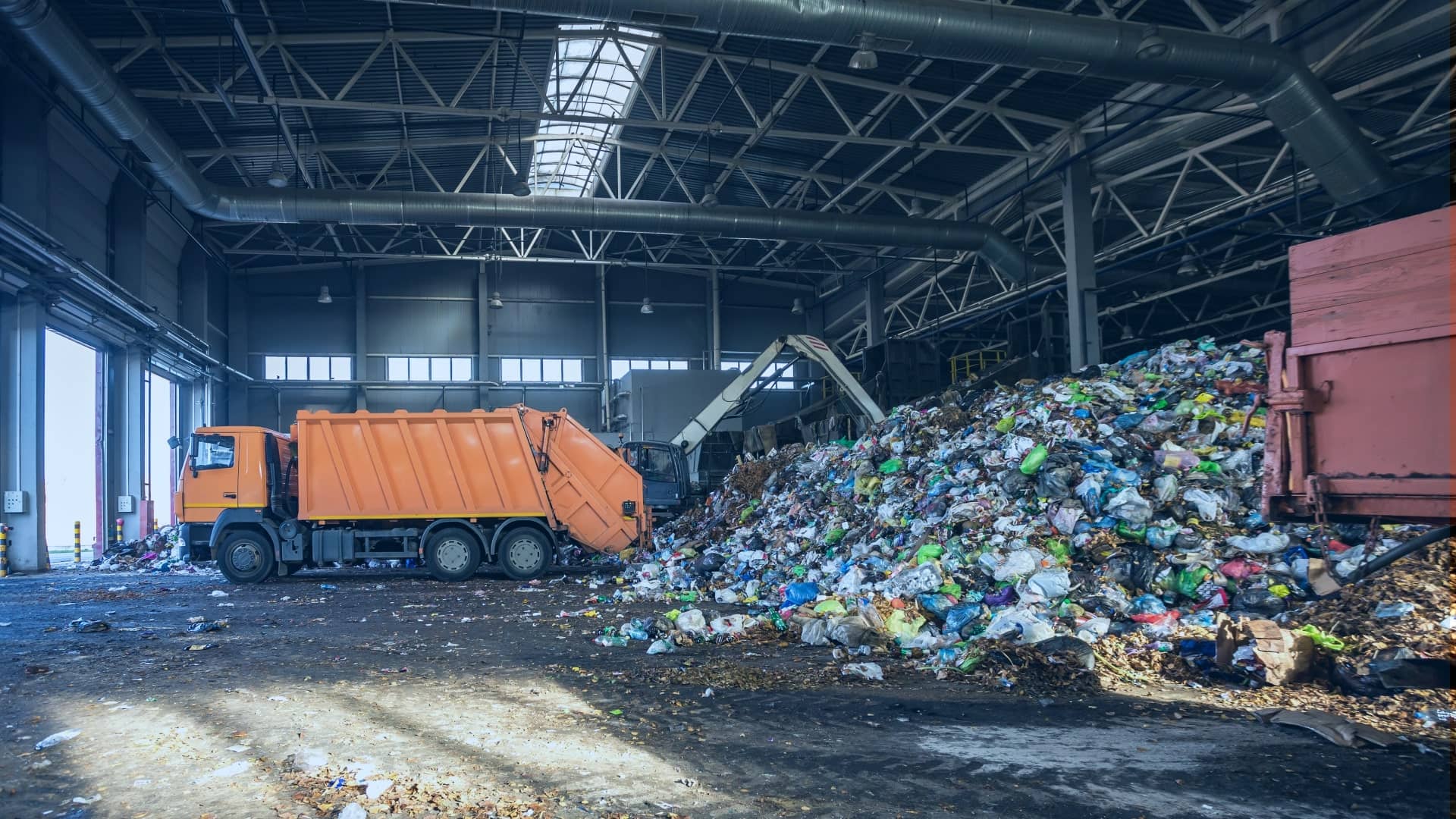The Basic Principles Of Reclaim Waste
The Basic Principles Of Reclaim Waste
Blog Article
The Of Reclaim Waste
Table of ContentsAbout Reclaim WasteAll About Reclaim WasteThe Only Guide to Reclaim WasteReclaim Waste Can Be Fun For EveryoneThe 9-Minute Rule for Reclaim Waste
Check out the types, occurrences, and forms of fluid waste. Residential sewage waste describes the waste and products from a residential sewage-disposal tank. This sort of waste is created by people in homes, institutions, and various other buildings. This only consists of septic storage tanks that have a drain area. The correct monitoring and disposal of domestic sewer waste require fluid waste to be transferred to a sewer therapy plant where the appropriate approaches and equipment are related to detoxify and take care of waste.
Business waste typically includes possible risks, such as flammable products or a mixture of liquid and solid waste items, and requires a more sophisticated and thorough disposal process. The disposal of commercial waste usually involves the filtration of waste before transport to ensure secure and correct disposal. Hazardous waste is produced from by-products and runoff of commercial procedures and manufacturing.
This sort of waste can not utilize the very same sewer administration transportation or processes as septic or industrial liquids. The hazardous waste administration process calls for the evaluation and screening of fluid waste before it undergoes the disposal process (industrial wastewater treatment). Runoff waste is the fluid waste that comes from overflow and excess stormwater in highly populated locations or cities
Overflow waste can create contamination and flooding if not taken care of appropriately. Find out more regarding sewage system cleansing and waste management. Making certain correct waste management can prevent disasters and lower ecological harm. Both individuals in property setups and specialists in commercial or production markets can profit from understanding the procedures and guidelines of fluid waste management.
Some Known Facts About Reclaim Waste.
Contact PROS Providers today to discover our waste management and disposal services and the proper methods to care for the liquid waste you create.
(https://linktr.ee/leonaube33101)Do you understand what happens to your water when you disengage, purge the bathroom or drain pipes the cleaning equipment? No? Well, it deserves recognizing. This so-called 'wastewater' is not only a crucial resource yet, after therapy, will certainly be launched to our land, rivers or the ocean. Utilized water from toilets, showers, bathrooms, kitchen sinks, washings and commercial processes is called wastewater.

water used to cool down equipment or tidy plant and devices). Stormwater, a type of wastewater, is runoff that flows from agricultural and city areas such as roofing systems, parks, gardens, roadways, paths and gutters into more helpful hints stormwater drains, after rainfall. Stormwater moves unattended directly to regional creeks or rivers, ultimately reaching the ocean.
Not known Incorrect Statements About Reclaim Waste
In Queensland, most wastewater is treated at sewer therapy plants. Wastewater is moved from domestic or industrial sites via a system of drains and pump stations, recognized as sewerage reticulation, to a sewer treatment plant. City governments develop, preserve and operate most sewage treatment plants. Operators are accredited under the Environmental Security Act 1994 to discharge treated wastewater at an appropriate environmental standard into rivers.
The Division of Natural Resources suggests city governments about handling, operating and keeping sewage systems and therapy plants. In unsewered locations, local governments might require homeowners to mount private or household sewage therapy systems to treat residential wastewater from commodes, cooking areas, shower rooms and washings. The Department of Natural Resources authorizes using home systems when they are shown to be reliable.
In some new neighborhoods, therapy of some stormwater to eliminate litter, sand and crushed rock has actually started using gross contaminant traps. Wastewater treatment happens in four stages: Eliminates solid issue.
Wastewater then moves right into large storage tanks where solids clear up and are removed as sludge. Oil and scum are skimmed from the surface. Utilizes tiny living organisms understands as micro-organisms to damage down and remove remaining dissolved wastes and fine fragments. Micro-organisms and wastes are included in the sludge. Removes nitrogen and phosphorus nutrients that can create algal blossoms in our waterways and intimidate water life.
The Ultimate Guide To Reclaim Waste
Nutrient removal is not offered at all sewer therapy plants since it needs expensive specialist devices. Clear fluid effluent generated after therapy may still have disease-causing micro-organisms - liquid waste removal.

This generally means wastewater needs to be treated or pollutants gotten rid of before it can be released to rivers. The majority of wastewater streams into the sewage system. Under the Act, neighborhood governments provide authorizations and licences for eco relevant activities (ERAs) entailing wastewater releases that may have a local effect. The division provides approvals and permits to ERAs entailing wastewater launches that could have a regional or statewide effect.
Some Known Incorrect Statements About Reclaim Waste
Otherwise, examples are taken for lab analysis. Frequently lots of examinations are needed to establish the degrees of each of the different pollutants such as oils, heavy metals and pesticides in water. Monitoring provides accurate info about water quality and can confirm that licence problems are being met. The information obtained through monitoring provides the basis for making water high quality choices.
Report this page